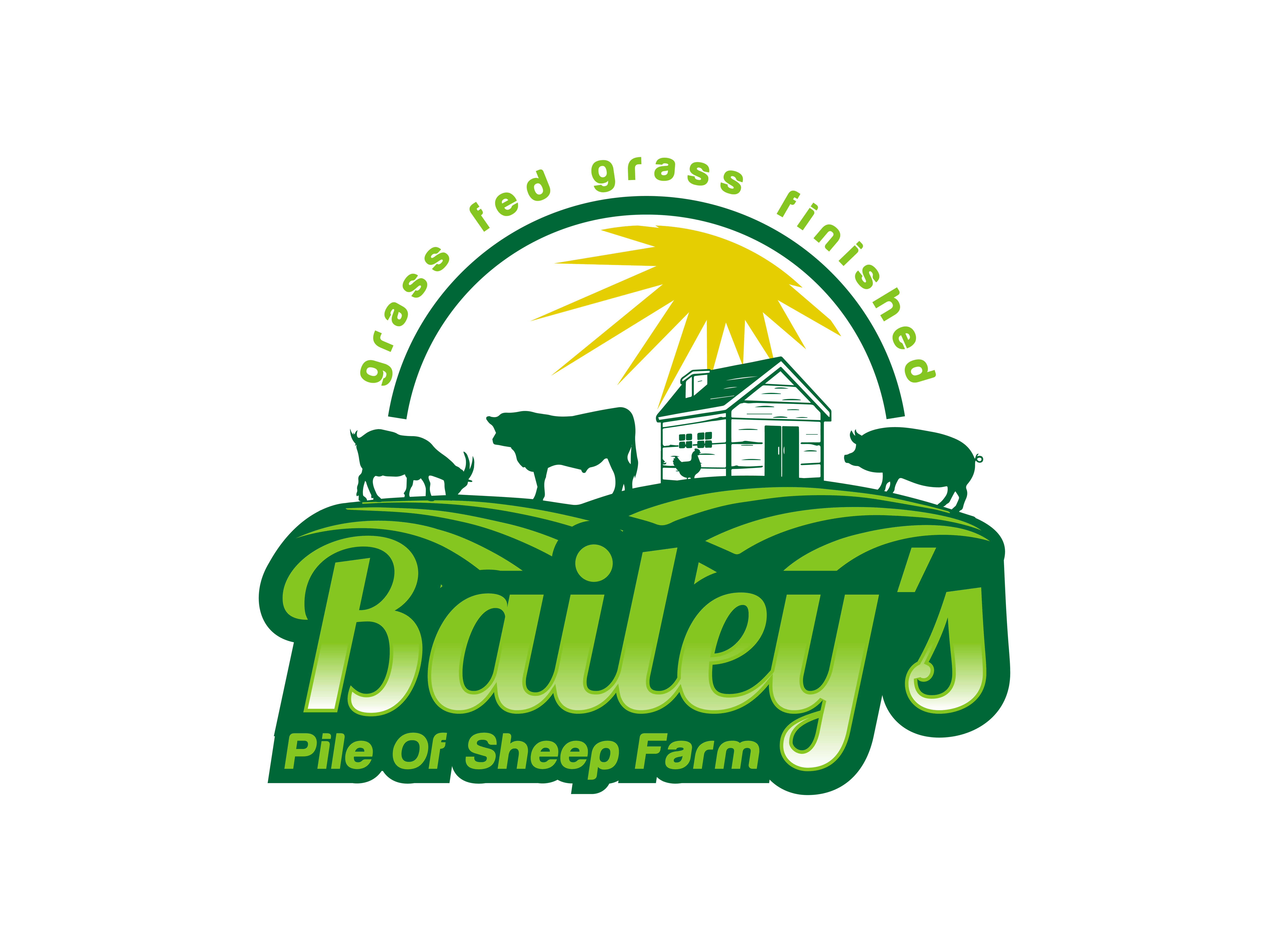Raising Delicious & Lean Meat: Why Our Dorper/Katahdin Lambs are a Cut Above
posted on
July 15, 2025

Here at Baileys Pile of Sheep Farm we're passionate about raising healthy, happy animals that provide exceptional quality meat for your family's table. If you're looking for flavorful, lean lamb with a consistent finish, look no further than our fantastic Dorper/Katahdin cross sheep and lambs! The Best of Both Worlds; Why We Chose Dorper & Katahdin Crosses
We've specifically chosen to cross Dorper and Katahdin sheep for our meat program because this combination offers the ideal blend of traits for superior lamb production. Both breeds are renowned hair sheep, meaning no shearing is required, significantly reducing labor and cost- a win for us, and ultimately, for the quality and value of our lambs.
But the benefits go far beyond ease of care.
Exceptional Carcass Quality:
Dorper are famous for their remarkable muscling and fast growth rates leading to heavy, well -marbled carcasses.
Katahdin's contribute to a lean, mild-flavored meat that appeals to a palate. Together, they create a lamb that consistently delivers on taste and tenderness.
Hardy & Resilient: These breeds are known for their adaptability to various climates and their natural parasite resistance. this means our lambs are raised with minimal intervention, thriving on our lush pastures diverse forage and developing robust health naturally.
Strong Mothering Instincts: Our Ewes are excellent mothers, ensuring vigorous and healthy lambs from day one.
From Our Pasture to your Plate: The Baileys Pile of Sheep and Beef Farm Difference:
At Baileys Pile of Sheep Farm we believe in transparent, ethical, and sustainable farming practices. Our lambs are raised with plenty of open pasture.
Ready To Experience the Difference?
Whether you're a home cook looking for delicious, locally raised lamb, or a buyer seeking a consistent supply of high-quality meat, our Dorper/Katahdin lambs are an excellent choice. To learn more about our current availability, pricing and how to get your lamb products.

